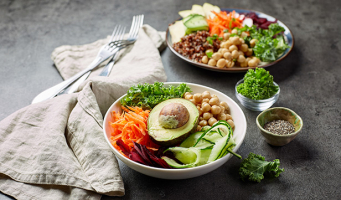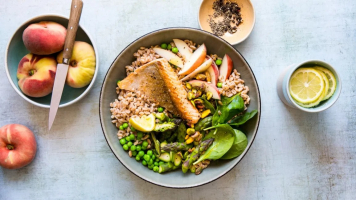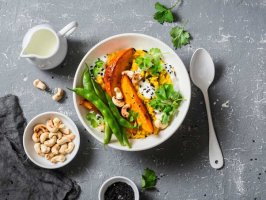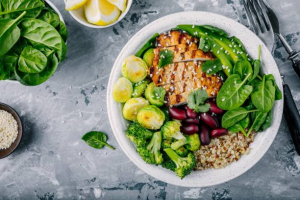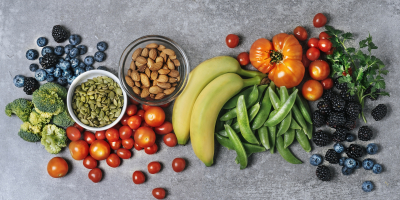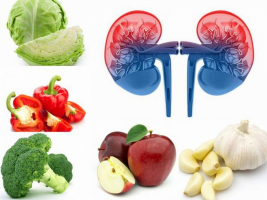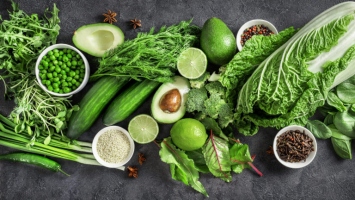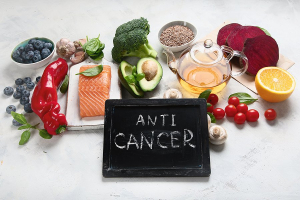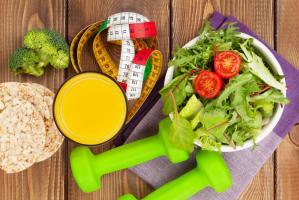Top 10 Best Foods for Blood Circulation
For best health, circulation must be in good working condition. A healthy circulatory system makes sure that nutrients and oxygen are carried throughout the ... read more...body by the blood. This supports important organ functions, cell growth and development, and improved immunity to keep the body disease-free. Below are some of the best foods you can include in your diet for increased blood circulation and oxygen levels.
-
Sweet and juicy pomegranates have edible seeds. They include plant polyphenols and nitrates, which help increase blood oxygen levels and are an excellent source of a number of important nutrients. Pomegranates can be consumed raw, made into juice to boost antioxidant levels, or added to salads.
Healthy carbs and dietary fiber may be found in 100g of pomegranate rubies. It also contains significant amounts of choline, iron, copper, and zinc, all of which help to improve blood flow and oxygen levels. Ingesting 1,000 mg of pomegranate extract 30 minutes before exercise enhanced blood flow, blood vessel diameter, and exercise performance, according to one research involving 19 highly active people. Another study found that drinking 17 ounces (500 ml) of pomegranate juice daily while or before weight training helped top weightlifters feel less discomfort, muscle damage, and inflammation.
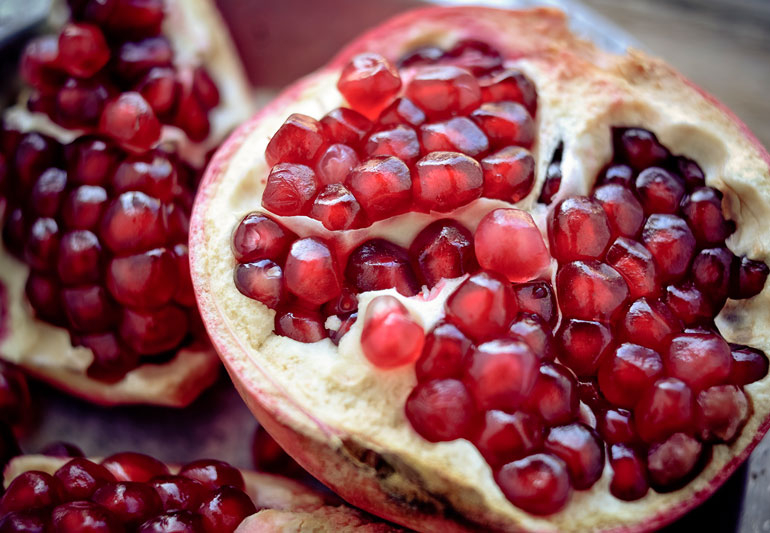
Pomegranates 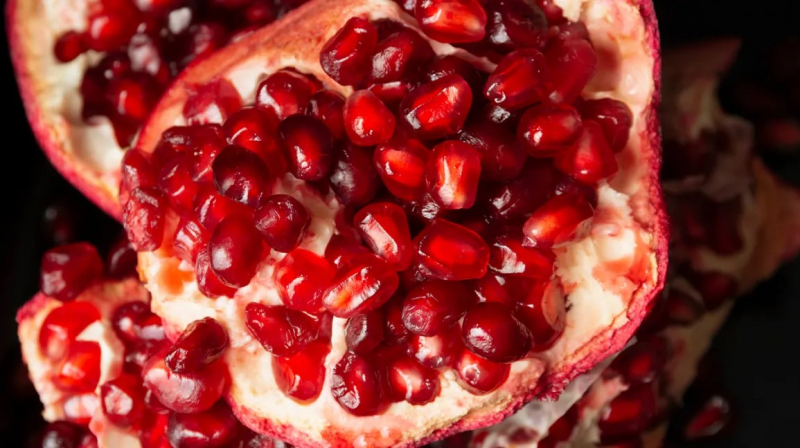
Pomegranates -
Citrus fruits are a great option for increasing blood oxygen levels because they are full of vitamins, iron, antioxidants, and flavonoids. Oranges, lemons, and grapefruit are some of the citrus fruits that are packed with antioxidants, including flavonoids.
Citrus fruits high in flavonoids may reduce inflammation in the body, which can lower blood pressure and arterial stiffness while enhancing blood flow and nitric oxide production. In a trial with 31 people, those who consumed 17 ounces (500 ml) of blood orange juice every day for a week showed significantly improved artery dilation and substantial reductions in markers of inflammation like IL-6 and CRP compared to a control group. Regular eating of citrus fruits like grapefruit and lemon has also been linked to lower blood pressure and a lower risk of stroke.
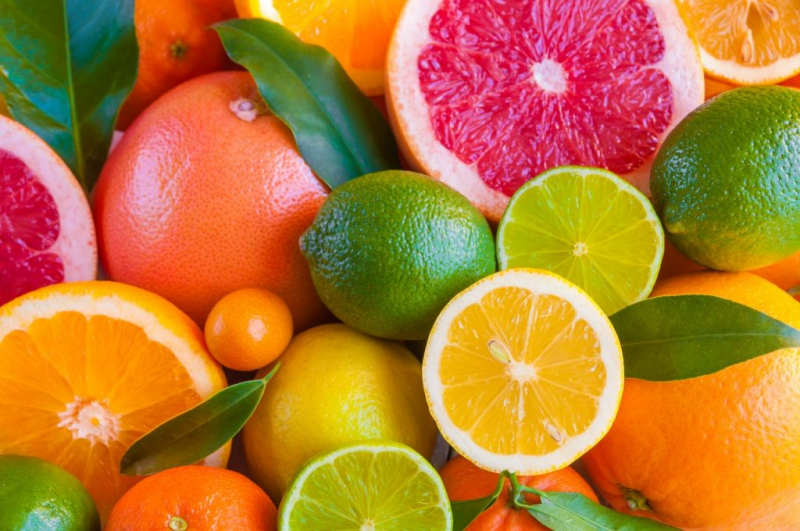
Citrus Fruits 
Citrus Fruits -
Beet juice or powder is a common dietary supplement used by athletes to boost performance. This is due to the high concentration of nitrates in beets, which your body converts into nitric oxide. Blood vessels are relaxed by nitric oxide, which also enhances blood flow to muscle tissue.
Supplemental beet juice increases nitric oxide levels, blood flow, and oxygen supply to muscular tissue, all of which can improve performance. Beets not only just help athletes; they also help older adults with cardiovascular problems by increasing blood flow. In a trial with 12 older adults, those who drank 5 ounces (140 ml) of nitrate-rich beet juice daily had substantial decreases in their blood pressure, clotting time, and inflammation of the blood vessels compared to those who drank a placebo.
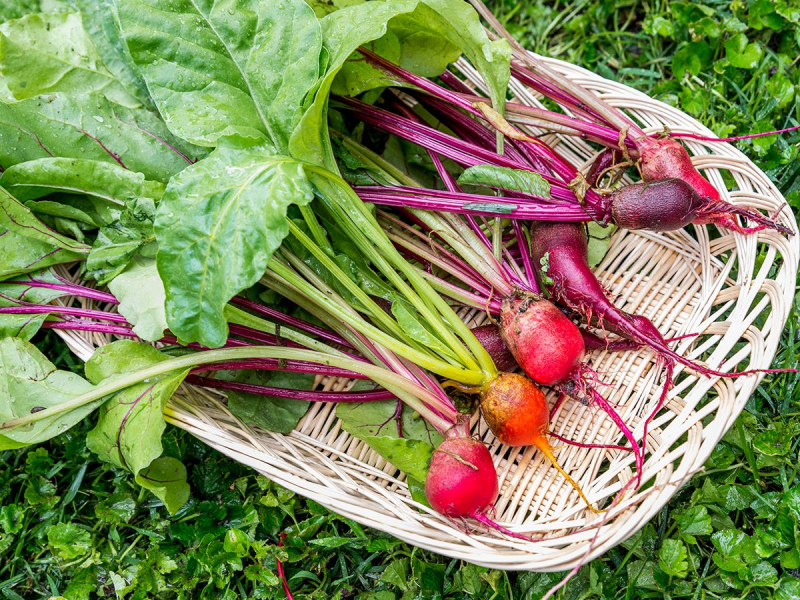
Beets 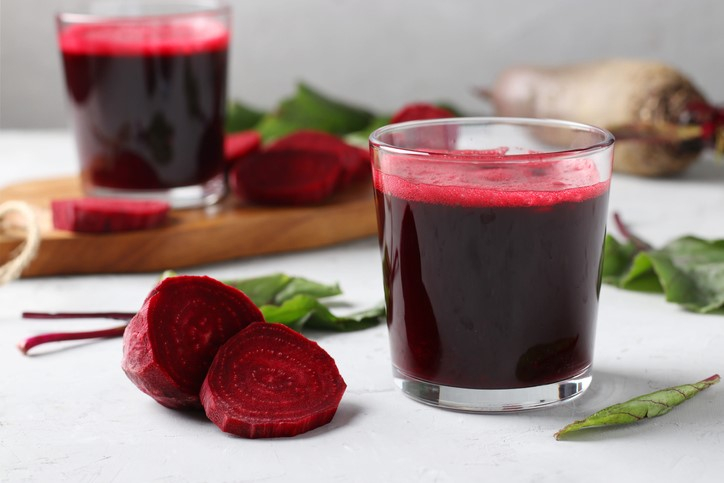
Beets -
Plant leaves that are eaten as vegetables are known as leafy greens. They are superfoods that are rich in minerals including iron, potassium, zinc, magnesium, phosphorus, and calcium as well as vitamins and antioxidants.
The body converts nitrates found in leafy greens like spinach and collard greens into nitric oxide, a powerful vasodilator. By dilating blood vessels and allowing your blood to flow more easily, nitrate-rich foods may help to improve circulation. In a 27-person study, those who had spinach rich in nitrate (845 mg) daily for seven days saw noticeably better blood pressure and blood flow than those in the control group. A traditional Chinese diet rich in nitrate-rich vegetables like Chinese cabbage has also been linked to reduced blood pressure and a considerably lower risk of heart disease than a standard Western diet, according to a study.
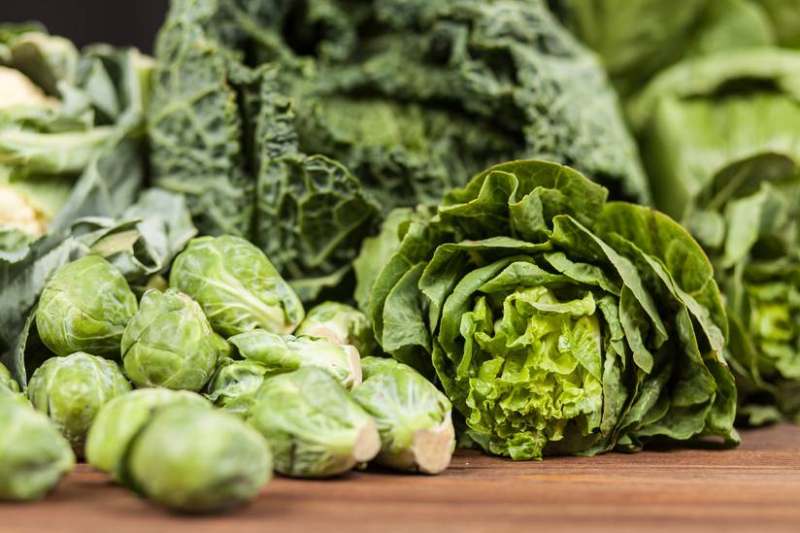
Leafy Greens 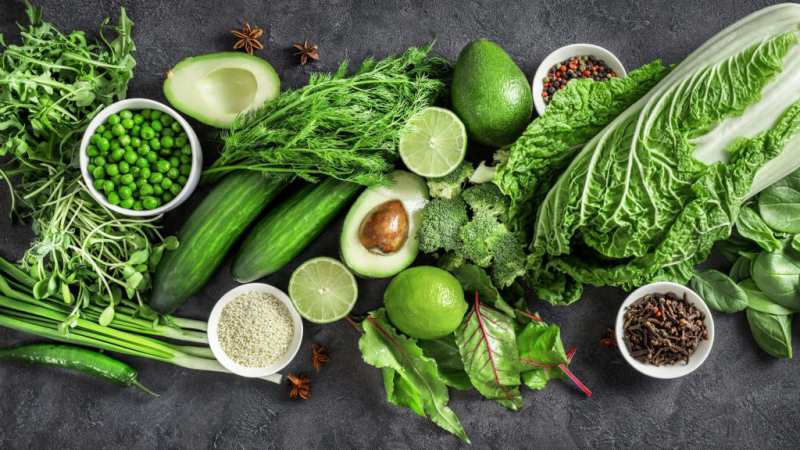
Leafy Greens -
It is not a new idea that consuming dark chocolate with a high cocoa content may be healthier than milk chocolate. Polyphenols, which are abundant in cocoa, have been demonstrated to help the bodies fight inflammation and may even boost mood.
Dr. Steven Gundry, a cardiologist who founded the International Heart & Lung Institute and the Center for Restorative Medicine in Palm Springs and Santa Barbara, California, suggests that you should think about consuming chocolate if you want to increase the flow of your blood. Dark chocolate, according to him, is a great supplement to your diet when consumed in moderation. Nitric oxide, which is crucial for protecting your heart and veins, is produced by your body with the help of dark chocolate, according to research. Antioxidants found in cocoa may help control blood pressure, cholesterol, and blood flow. Dr. Grundy suggests choosing dark chocolate with at least 72% cacao.

Dark chocolate 
Dark chocolate -
One of the most popular sources of high-protein food is fatty fish. Additionally, they are abundant in vitamins, calcium, iron, zinc, and omega-3 fatty acids. Salmon and mackerel are two fatty fish that are great suppliers of omega-3 fatty acids.
Due to their ability to encourage the release of nitric oxide, which dilates your blood vessels and improves blood flow, these fats are especially beneficial for circulation. Omega-3 fatty acids also help to prevent platelets from clumping together in your blood, a process that can result in the formation of blood clots. Fish oil supplements have also been related to lower blood pressure and better blood flow to the muscles during and after exercise. For instance, large dosages of fish oil (4.2 grams per day for four weeks) dramatically increased blood flow to the legs after exercise in a study of 10 healthy men.
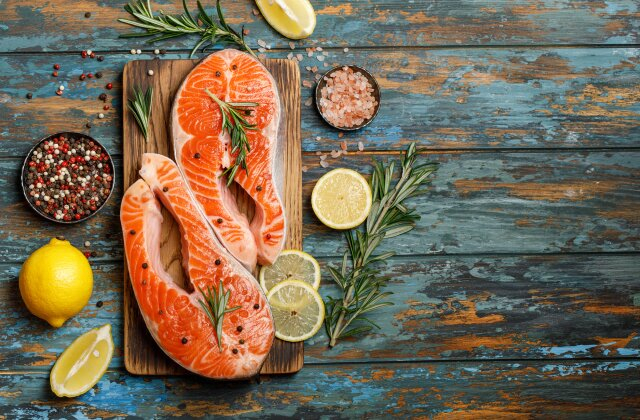
Fatty Fish 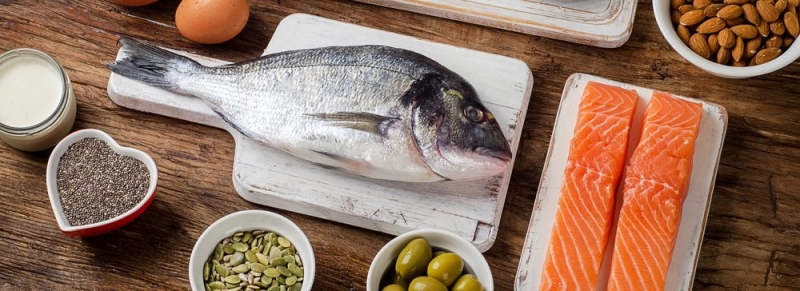
Fatty Fish -
A phytochemical known as capsaicin gives cayenne pepper its hot taste. Capsaicin increases blood flow to tissues by reducing blood pressure and encouraging the release of nitric oxide and other vasodilators, or compounds that help your blood vessels expand.
“There is some evidence that capsaicin can affect blood pressure and improve blood flow”, says Ginger Hultin, RDN, spokesperson for the Academy of Nutrition and Dietetics and owner of ChampagneNutrition, based in Seattle. By relaxing the smallest muscles found in blood vessel walls, vasodilators make it easier for blood to flow through your veins and arteries. According to research, eating cayenne pepper enhances blood vessel health, improves circulation, and lessens arterial plaque accumulation. Furthermore, because they can promote blood flow to the affected area, these hot peppers are widely included in pain-relieving creams.
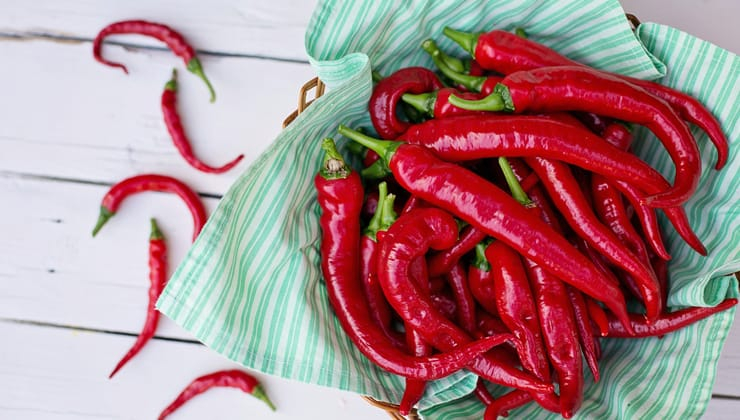
Cayenne Pepper 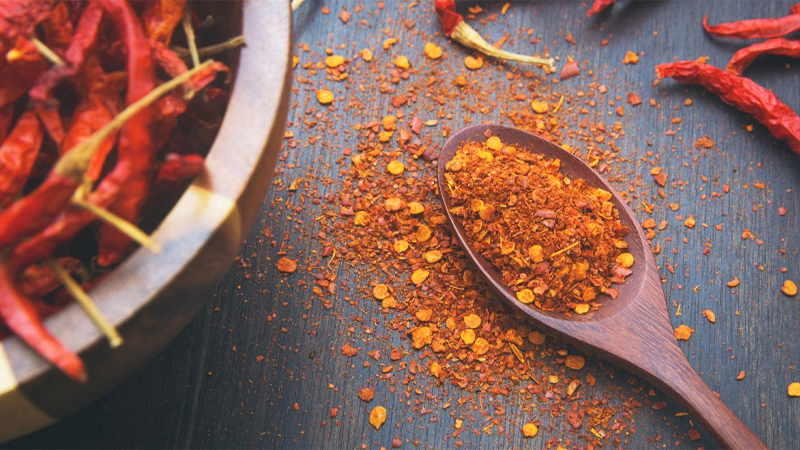
Cayenne Pepper -
Turmeric, also known as the "golden spice", has a variety of healthy components that can improve your overall health. Turmeric is well-known for its antioxidant properties and the ability to boost the synthesis of nitric oxide to enhance blood flow and circulation.
In fact, turmeric has been used in Ayurvedic and traditional Chinese medicine to open blood vessels and improve blood circulation for centuries. According to research, the turmeric compound curcumin helps in nitric oxide production, oxidative stress reduction, and inflammation decrease. One research including 39 people found that ingesting 2,000 mg of curcumin daily for 12 weeks increased blood flow in the upper and forearm by 36% and 37%, respectively. To boost the body's ability to absorb oxygen, turmeric may be added to many foods, including warm milk.
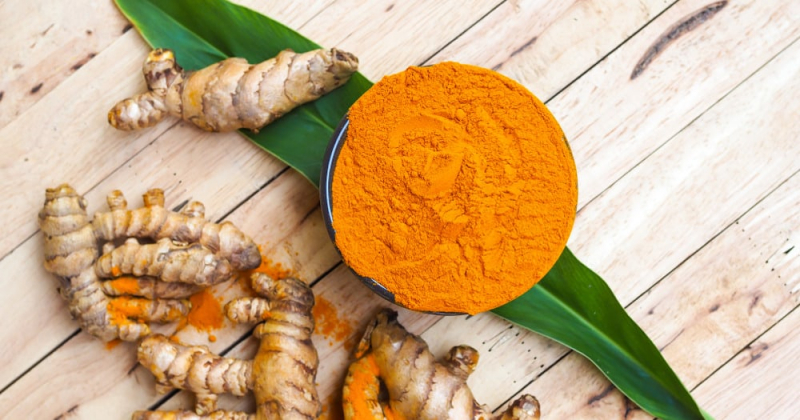
Turmeric 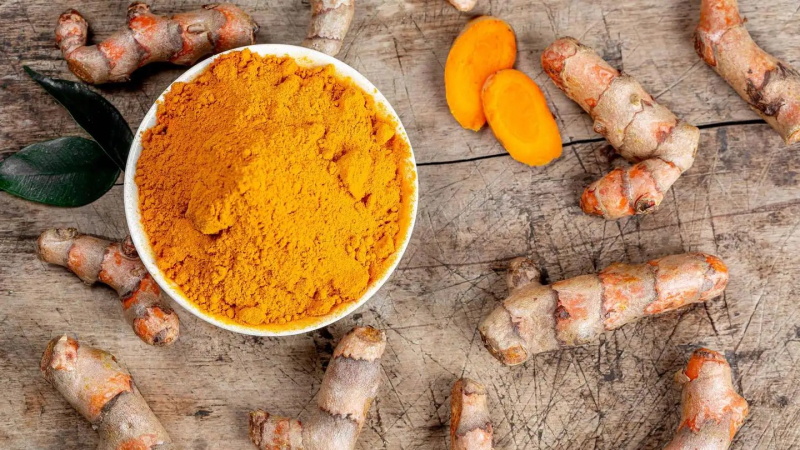
Turmeric -
Garlic has selenium, manganese, vitamin C, and fiber. The beneficial effects of garlic on the heart and blood circulation are well known. One or two garlic pods can be eaten raw, or you can add them to any dish you like.
According to studies, garlic, specifically its sulfur compounds, which include allicin, can relax your blood vessels to enhance tissue blood flow and reduce blood pressure. In fact, flow-mediated vasodilation (FMD), a measure of blood flow efficiency, is linked to diets high in garlic. In one research involving 42 people with coronary artery disease, those who took 1,200 mg of allicin-containing garlic powder tablets twice daily for three months had a 50% increase in upper arm artery blood flow compared to those who took a placebo.
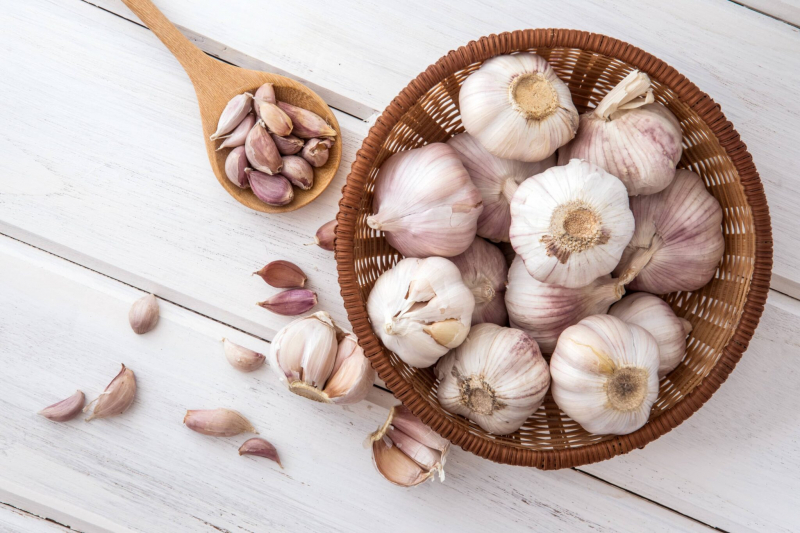
Garlic 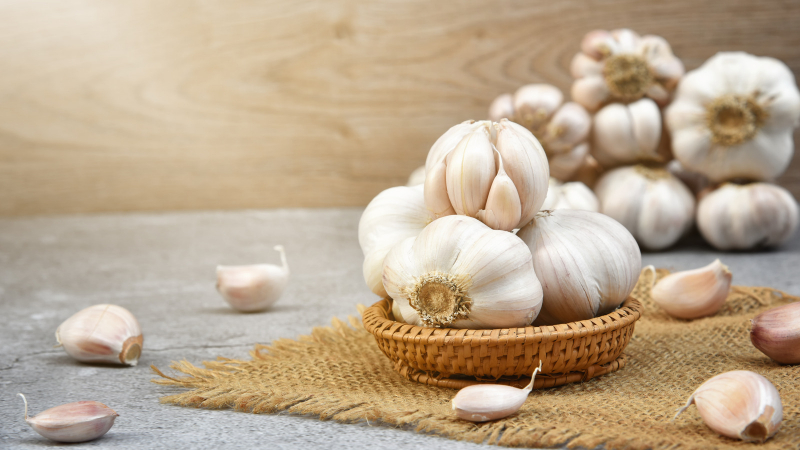
Garlic -
Increased blood flow is one of the numerous health advantages of the warming spice cinnamon. Due to cinnamon's anti-inflammatory properties, the cardiovascular system and overall blood circulation are also benefited.
In experiments on animals, cinnamon improved coronary artery blood flow and blood vessel dilation. The coronary artery supplies blood to the heart. In comparison to rats in the control group, rats given cinnamon bark extract daily for eight weeks at a dose of 91 mg per pound (200 mg per kg) of body weight showed improved heart function and coronary artery blood flow. Additionally, studies demonstrate that cinnamon can significantly lower blood pressure in people by relaxing their blood vessels. This improves circulation and maintains your heart in good condition.
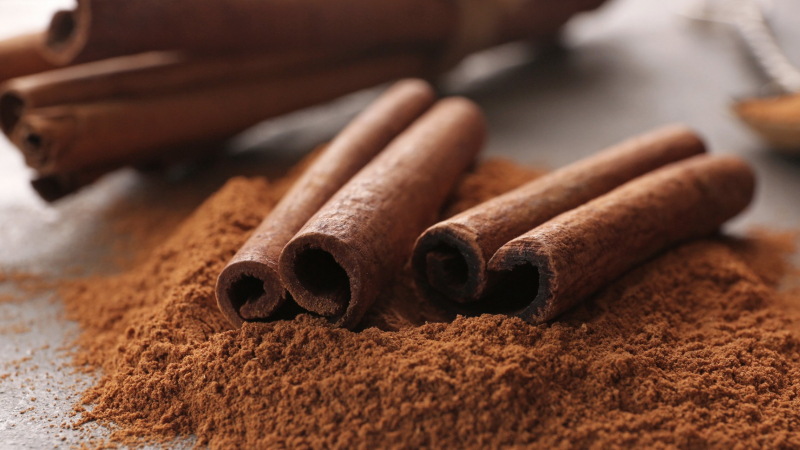
Cinnamon 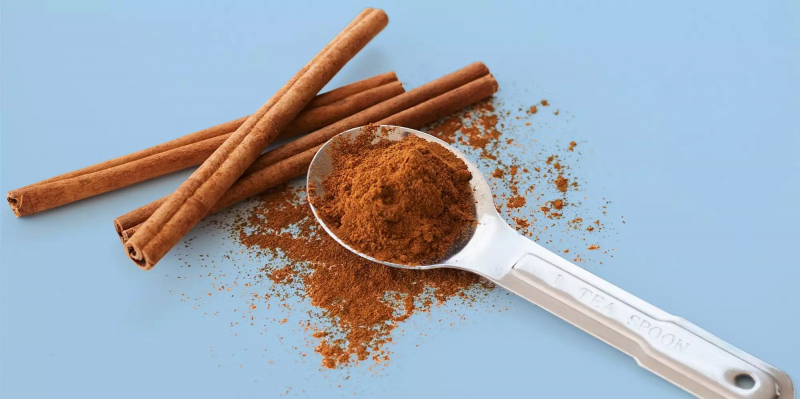
Cinnamon












